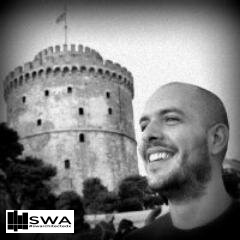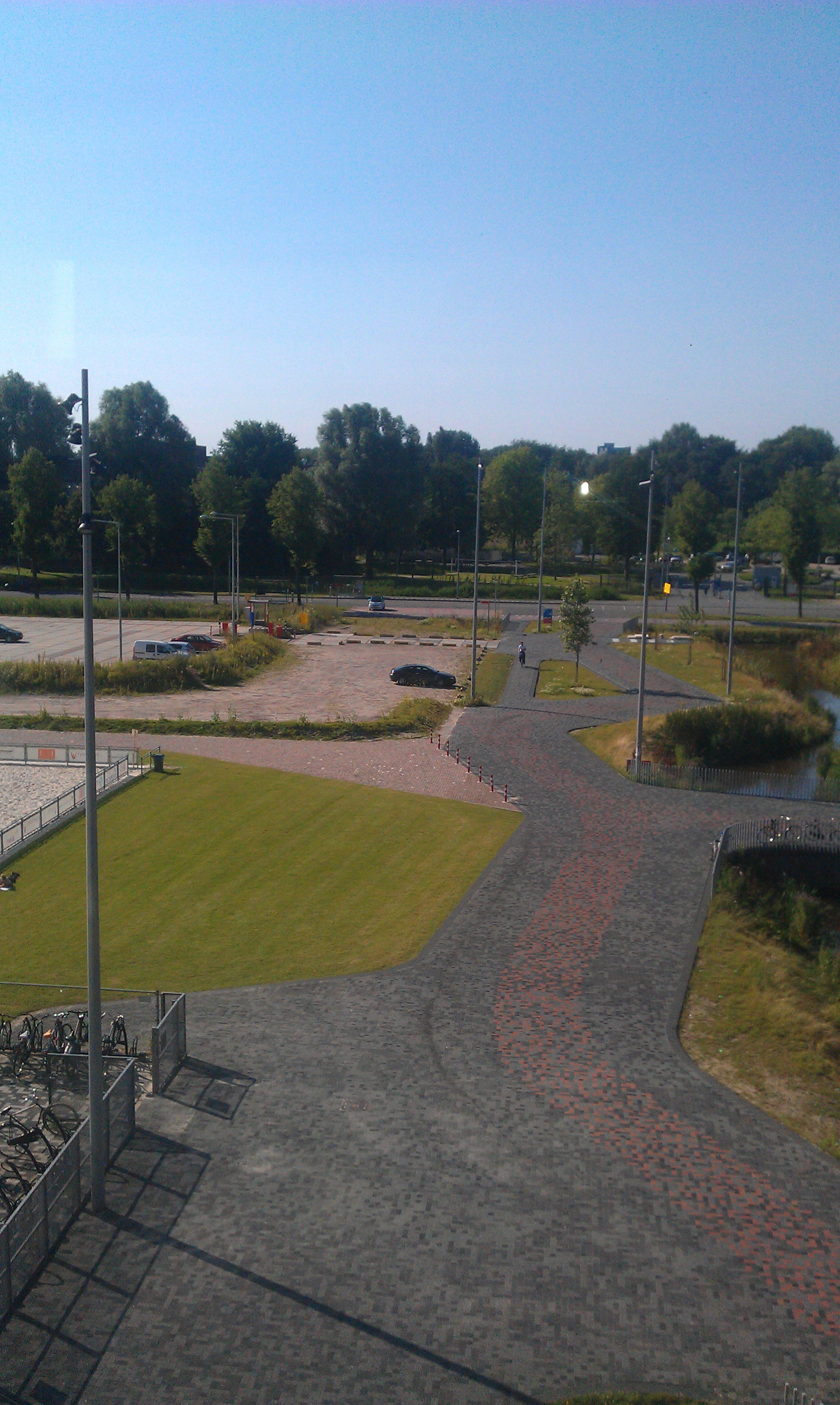Last days I have read a lot of papers about different topics such as FOL, inference, artificial intelligence, large scale reasoning, rule engines, etc. I have collected all these references in ROCAS wiki with the objective of saving all relevant works that can help me to finally develop our semantic reasoner for large datasets.
This afternoon I have found a paper entitled as “Making Web-Scale Semantic Reasoning More Service- Oriented: The Large Knowledge Collider” that presents the whole architecture of the well-know project LarKc, in some sense the ROCAS project was inspired by this European project but with a restricted scope and different objectives. This paper has two main points for me:
- One of the authors is Zhisheng Huang who helped me in 2004 to use his Distributed Logic Programming system to animate humanoids when I was developing my final degree project to get the Bachelor Degree.
- From a research point of view, authors present a compilation of works made during the execution of the LarKc project that should be relevant to ROCAS. It is not a research paper but a good summary of this project.
This is a short post but I want to highlight that the world is small enough to meet same people (in this case researchers) again and again! It is incredible! 🙂
Finally, I would also like to report my first progresses in the development. I have deployed a job in Hadoop to perform the classical graph-algorithm “Breadth-First Search”, this is one of the tries I am thinking about for performing reasoning tasks…the other approches can be summarized:
- Distribute Jena rule engine (reusing source code)
- Develop from scratch the typical backward chain engine using unification and resolution
- Mix of 1 and 2 to avoid parsing rules, matching triples, etc.
- Build a graph (rules in backward chain can be shown as an AND/OR tree) and try to infer new facts using unification and search.
- …
Let’s rock it!

